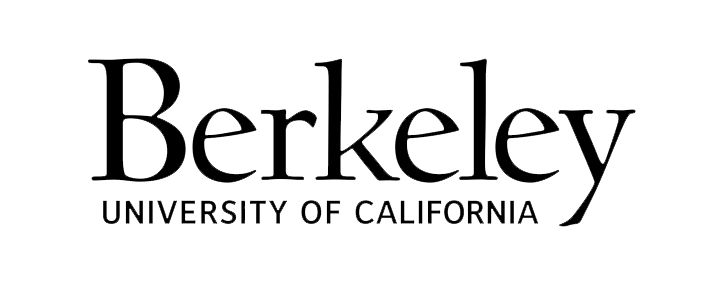Historian
I hope we're never ready for a "colorblind" society. I don't like the expression because it sets the wrong terms for discussion when it comes to issues of race, equality, and social justice. To me, "blind" means not being able to see things, and wanting to be "blind" to color or race seems to mean wanting to ignore race or pretend its social and historical effects don't exist. When the larger question is how do we have an equitable society today, we have to be mindful of the historical a...
Sociologist
On the one hand, the Civil Rights era officially ended inequality of opportunity. At the same time, civil rights legislation did nothing to address the underlying economic and social inequalities that had built up through hundreds of years of discrimination.
The one statistic that best captures the state of racial inequality in America today is wealth, or net worth. Add up everything you own, subtract all your debts, and that's your net worth. Today, th...
Historian
For the U.S. to function equitably as a "colorblind" society, two conditions would be required. First, all Americans - regardless of socioeconomic status or racial/ethnic background - would need to have equal opportunity to educate themselves, to pursue their professional goals, and to take care of themselves and their families. Second, all Americans would need to rise above the kinds of color-consciousness that perpetuate inequality. Yet there is little evidence, historical or contempor...
Legal Scholar
The question, "Are we ready for a colorblind society?" assumes that colorblindness is an ideal we should strive for in the 21st century. I would argue that colorblindness generally perpetuates rather than challenges racism. Certainly there has been a long history of state-sanctioned white supremacy in this country. At one time, colorblindness may have been a legitimate strategy to counteract the formidable power of pseudo-scientific thinking that asserted the inherent biological inferior...


